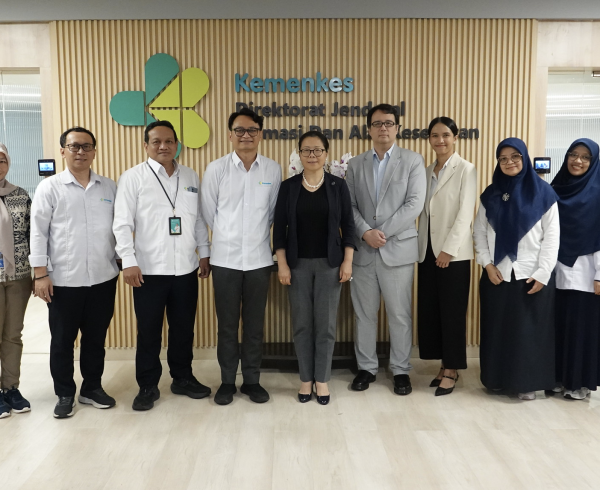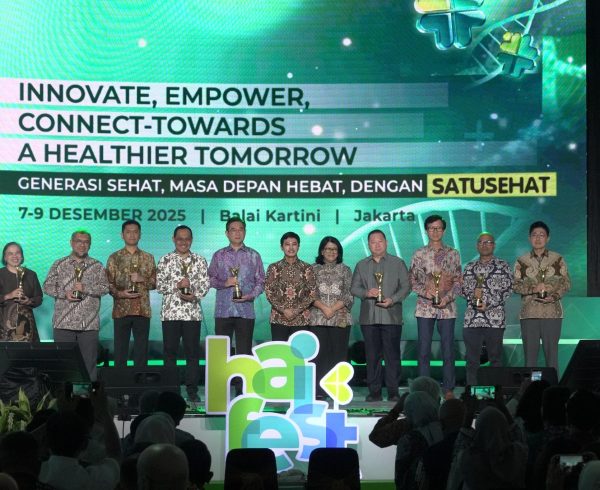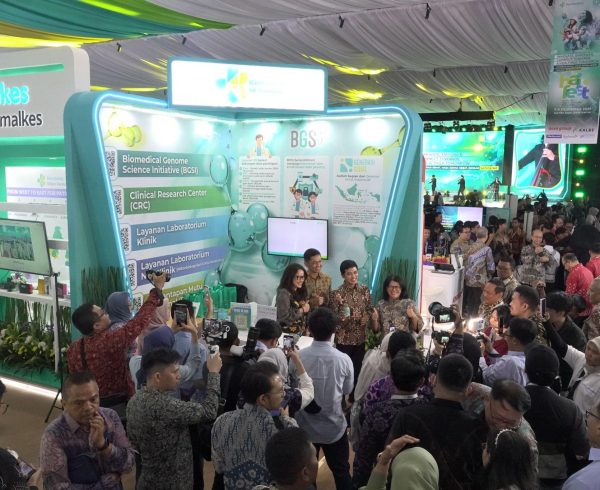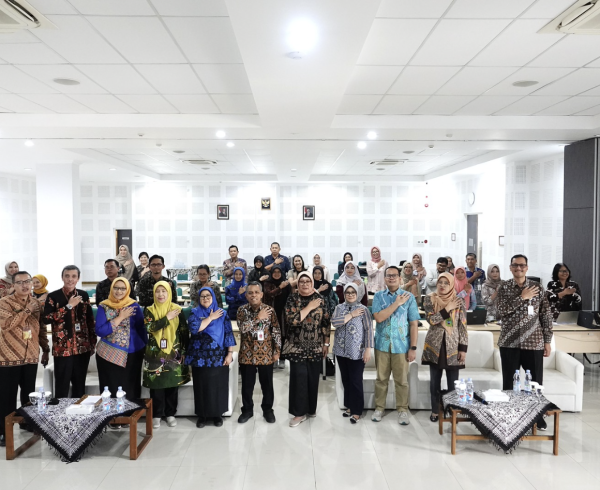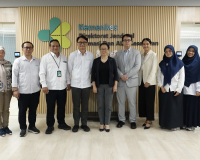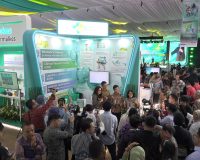Jakarta, 8 April 2022, The Indonesian Chamber of Commerce and Industry (Kadin) held a Focus Group Discussion (FGD) by inviting a number of related parties, such as the Indonesian Ministry of Health (Kemenkes), Ministry of Cooperatives and Small and Medium Enterprises (Kemenkop UKM), Ministry of Industry (Kemenperin) to the Coordinating Ministry for Maritime Affairs and Investment (Kemenkomarves).
Deputy Chairperson of Kadin for Human Quality, Research and Innovation Carmelita Hartoto and Deputy Chairperson of Kadin for Health Charles Honoris gave remarks and directions in the FGD titled “Why Is Indonesia's Medical Devices Not Independent Yet?”
In general, countries with medical device independence have a strong commitment to purchase as many domestic medical devices as possible and still pay attention to the elements of Safety, Quality and Availability.
With the opening of marketing channels, a national medical device ecosystem will be formed. Manufacturers of components, raw materials, testing facilities and others will also be formed along with the increasing market demand for domestic medical devices.
Present as a speaker, the Director General of Pharmaceuticals and Medical Devices of the Ministry of Health, Lucia Rizka Andalusia, revealed a number of reasons why Indonesia's medical devices have yet to become independent.
“The first problem is the inadequacy of the upstream industry. This has limited the availability of domestic raw materials,” Rizka said in her presentation.
In addition, the investment ecosystem that supports the domestic medical device business so far, Rizka said, has not yet been formed. Not to mention the availability of medical device test laboratories which are also still minimally available in Indonesia.
“This makes it difficult for domestic medical equipment to be absorbed by our health industry,” said Rizka.
However, the Director General of Pharmaceuticals said that the Ministry of Health has priority programs in developing the domestic medical device industry through the preparation of regulations, fulfilling the 10 largest medical devices (by value and by volume) of domestic production, research and clinical trials of domestically produced medical devices, and quality control of domestic medical devices).
In addition to the program, the Director General also conveyed strategies to encourage the achievement of resilience and independence of medical devices by encouraging investment in the development of a research-based medical device industry and high medium technology medical devices, transfer of knowledge and technology, as well as the development of the R&D (Research and development) ecosystem. Furthermore, the Director General said that of course in the implementation of this program and strategy, the involvement of all parties is needed.



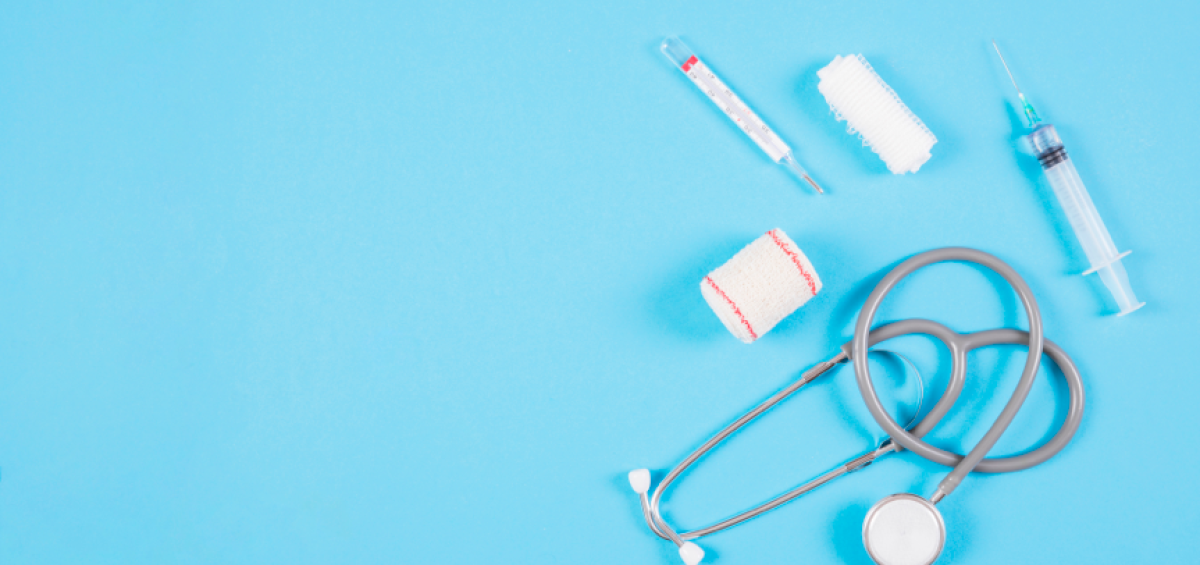 illustration: medical device
illustration: medical device